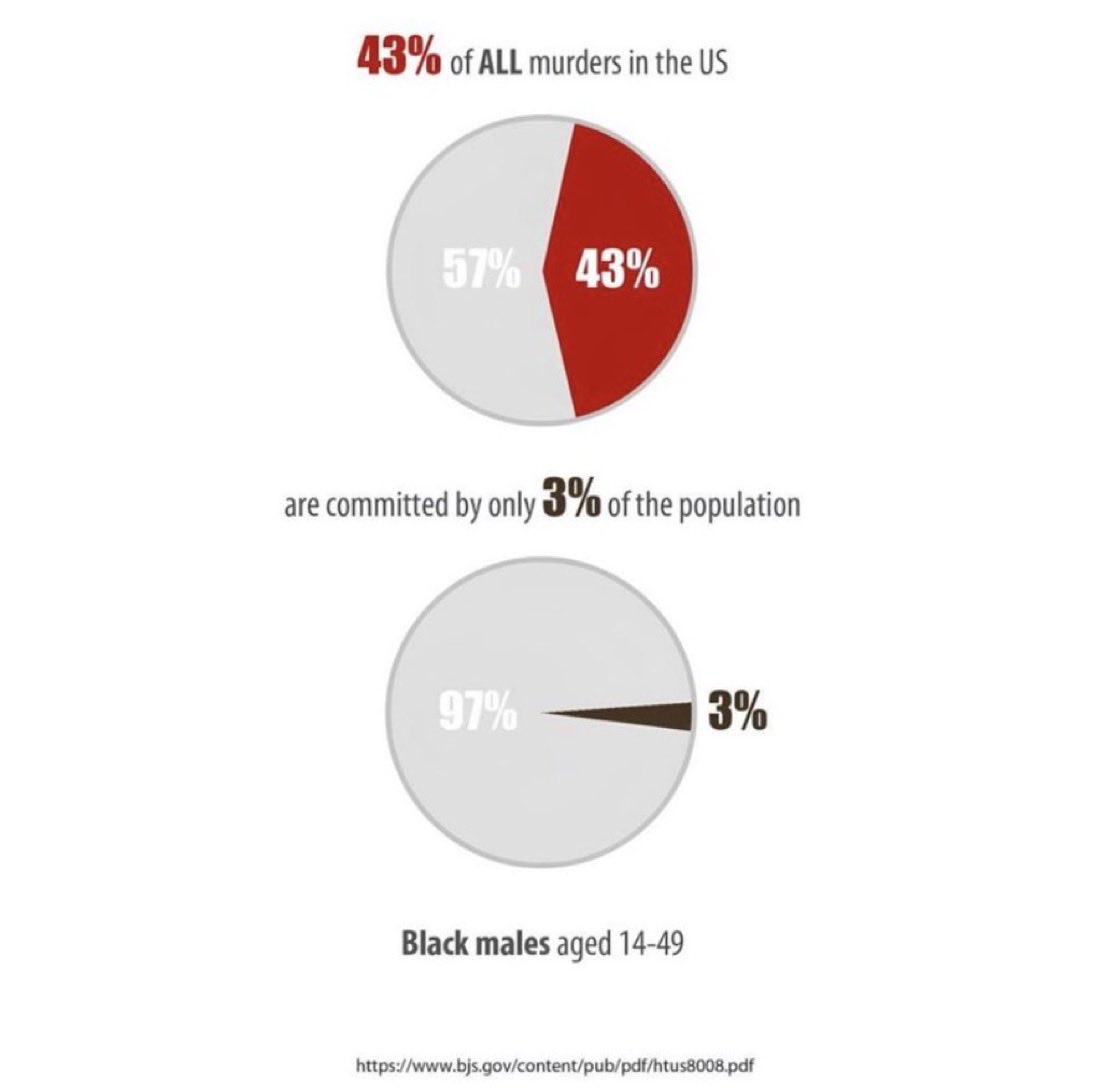A rare recording from the 1960s which explain the #Rothschilds the #illuminati the three world wars and the secret society that runs it all
George Soros "personally donated $170 million during the 2022 midterms to Dem candidates." He also "has donated more than $32 billion over the years" to foreign policy and other causes through @OpenSociety, structured to "obfuscate the original origin."
cnbc.com/2023/01/04/non…

cnbc.com/2023/01/04/non…


None of these 7 countries that US #MilitaryIndustrialComplex planned to destroy have a #Rothschilds controlled central bank. Now you know why they’re targeted.
https://twitter.com/DeepBlueCrypto/status/1646251118945615875
None of these countries have a #Rothschilds controlled central bank 

• • •
Missing some Tweet in this thread? You can try to
force a refresh










